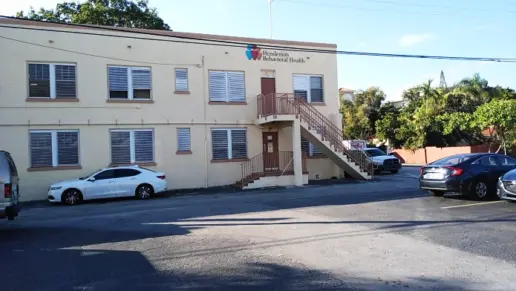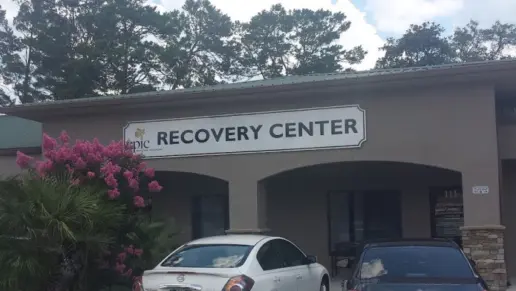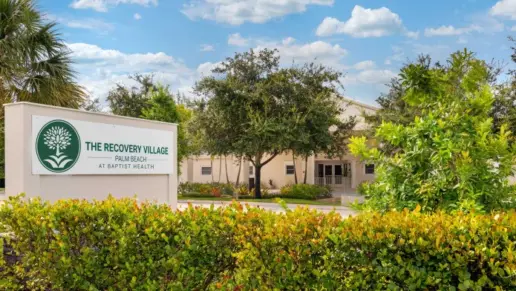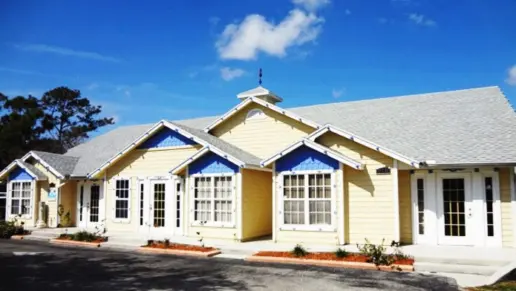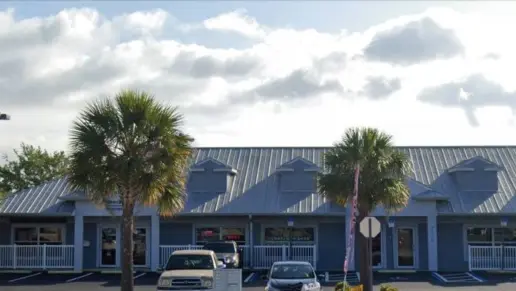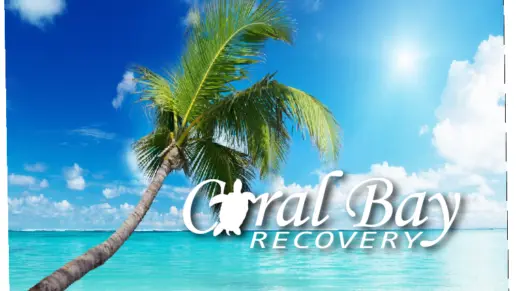About Alternatives in Treatment
Alternatives in Treatment is a comprehensive, 12 step focused drug and alcohol rehab in West Palm Beach, Florida offering medically supervised detox, dual diagnosis care, and inpatient, outpatient, and aftercare services in a resort like setting. Their primary treatment modalities combine psychotherapy with recovery focused life skills training and evidence based complementary care.
Alternatives in Treatment, in West Palm Beach, Florida, is an integrative, 12 step focused addiction recovery center for adults. They provide medically supervised detox and inpatient, outpatient, and aftercare services. Specialized programs for persons with co-occurring mental health disorders, young adults, and LGBTQ+ persons are available.
Clients in the detox program receive round the clock medical supervision and may be prescribed FDA approved medications to ease withdrawal symptoms and prevent potentially dangerous medical complications.
The inpatient program at Alternatives in Treatment allows clients to focus on their recovery in a secluded, resort like setting on eight acres and featuring premium amenities, including private rooms and a swimming pool. While in inpatient care, clients participate in intensive individual, group, and family counseling as well as recovery-focused life skills training, including courses in coping, self-care, wellness, stress and anger management, trauma recovery, and relapse prevention. Their personalized treatment plans include evidence-based complementary therapies, including experiential and exercise therapy.
The outpatient and aftercare programs at Alternatives in Treatment promote long-term sobriety through a robust continuum of care aligned with clients’ evolving needs. Levels of care include intensive outpatient (IOP), outpatient, and aftercare services emphasizing successful workforce, family, and community reintegration. Peer coaching, 12 step program induction, career counseling, and medical, mental health, and social services referrals are available.
Alternatives in Treatment is accredited by CARF, the Joint Commission, and NAATP. They accept self-pay and private insurance.
Gallery

Location
Accepted Insurance
Other Forms of Payment
Private insurance refers to any kind of healthcare coverage that isn't from the state or federal government. This includes individual and family plans offered by an employer or purchased from the Insurance Marketplace. Every plan will have different requirements and out of pocket costs so be sure to get the full details before you start treatment.
Self-pay involves paying for treatment out of your own pocket. You can use savings or credit, get a personal loan, or receive help from family and friends to fund your treatment. If you don't have insurance or your insurance plan doesn't cover a specific program, self-pay can help ensure you still get the care you need.
Addiction Treatments
Levels of Care
Treatments
Many of those suffering from addiction also suffer from mental or emotional illnesses like schizophrenia, bipolar disorder, depression, or anxiety disorders. Rehab and other substance abuse facilities treating those with a dual diagnosis or co-occurring disorder administer psychiatric treatment to address the person's mental health issue in addition to drug and alcohol rehabilitation.
A combined mental health and substance abuse rehab has the staff and resources available to handle individuals with both mental health and substance abuse issues. It can be challenging to determine where a specific symptom stems from (a mental health issue or an issue related to substance abuse), so mental health and substance abuse professionals are helpful in detangling symptoms and keeping treatment on track.
Programs



Clinical Services
Experiential therapy is a form of therapy in which clients are encouraged to surface and work through subconscious issues by engaging in real-time experiences. Experiential therapy departs from traditional talk therapy by involving the body, and having clients engage in activities, movements, and physical and emotional expression. This can involve role-play or using props (which can include other people). Experiential therapy can help people process trauma, memories, and emotion quickly, deeply, and in a lasting fashion, leading to substantial and impactful healing.
Group therapy is any therapeutic work that happens in a group (not one-on-one). There are a number of different group therapy modalities, including support groups, experiential therapy, psycho-education, and more. Group therapy involves treatment as well as processing interaction between group members.
In individual therapy, a patient meets one-on-one with a trained psychologist or counselor. Therapy is a pivotal part of effective substance abuse treatment, as it often covers root causes of addiction, including challenges faced by the patient in their social, family, and work/school life.
Amenities
-
Private Setting
-
Private Rooms
Accreditations

The Commission on Accreditation of Rehabilitation Facilities (CARF) is a non-profit organization that specifically accredits rehab organizations. Founded in 1966, CARF's, mission is to help service providers like rehab facilities maintain high standards of care.
CARF Accreditation: Yes

The Joint Commission, formerly known as JCAHO, is a nonprofit organization that accredits rehab organizations and programs. Founded in 1951, the Joint Commision's mission is to improve the quality of patient care and demonstrating the quality of patient care.
Joint Commission Accreditation: Yes

The National Association of Addiction Treatment Providers (NAATP) is a professional association that represents organizations in the field of addiction services. Founded in 1978, NAATP's mission is to advance addiction services and ensure that high-quality addiction treatment is available and accessible.
NAATP Member: Yes











